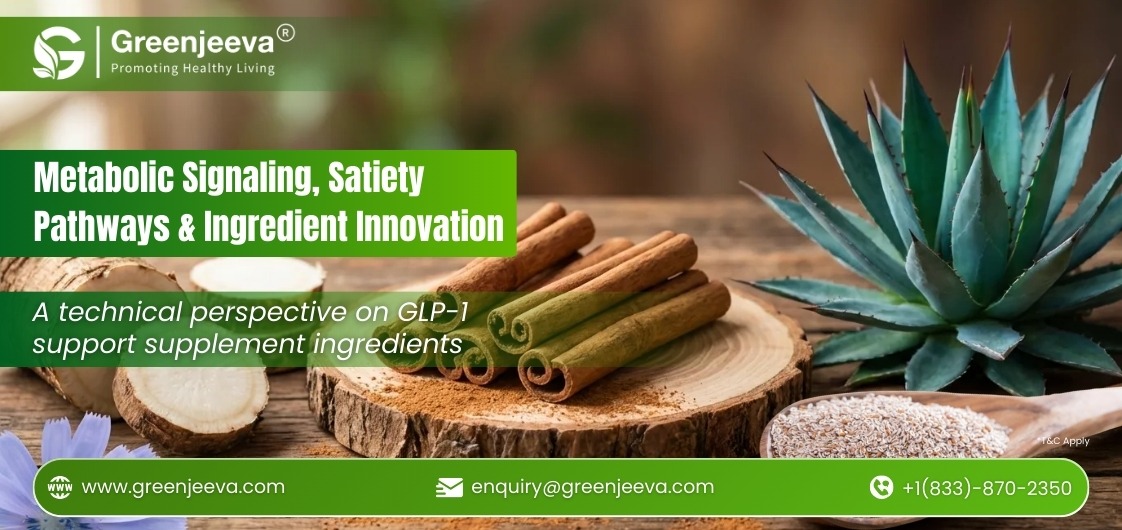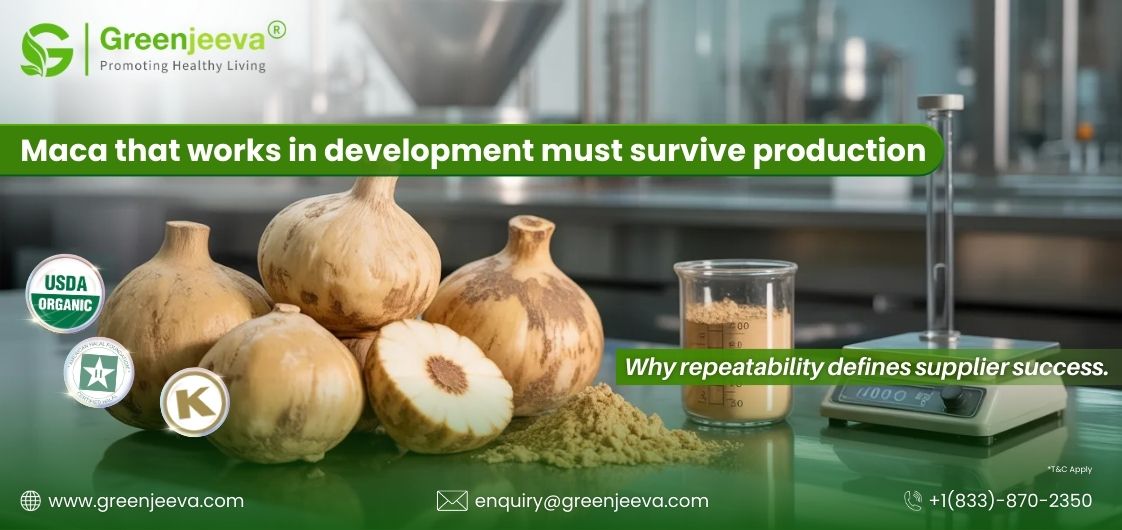Everything You Need to Know About Acerola Cherry

Overview
Acerola cherry is a superfruit packed with rich nutrients and cultivated mostly in tropical areas. It is also known as West Indian cherry or Barbados cherry. It originated in the Caribbean, Central America, the West Indies, and Mexico. The fruit ranges from one centimeter to one inch in size and becomes red in colour once fully grown. The Acerola shrub has small-sized berries that form in clusters and have a sweet taste. Due to the presence of several phytonutrients, flavonoids, and carotenoids, it has been used in modern and traditional medicine.
Nutrition Facts of Acerola Cherry
- High Vitamin C content: The fruit comprises high amount of ascorbic acid. In 100grams of Acerola cherry, there is around 1500 to 4500 mg or 3.4 ounces of vitamin C content. This amount is way greater than that of a lemon. Consuming two to three berries is enough to meet daily nutrition requirements.
- Presence of Pectin: The cell wall of Acerola fruit constitute pectin fiber or polygalacturonic acid which produces a prebiotic effect in the body.
- Malic Acid: It is an essential organic acid besides tartaric and citric acid. Around 32 percent of Acerola cherries contain malic acid. It is a great compound to boost the absorption of minerals.
- Anthocyanins: It is a phytonutrient that provides the fruit deep red color. Filled with antioxidants, Acerola cherry limits the growth of harmful organisms.
- Flavonoids: Rutin is an effective flavonoid found in Acerola extract that is highly necessary to fight against oxidative damage.
- Vitamins: In Acerola cherry, there are several essential vitamins like riboflavin or B2, vitamin A, pantothenic acid or B5, thiamin or B1 and vitamin B9 or folate.
- Minerals: Iron, magnesium, calcium, zinc, selenium, copper, phosphorus, and potassium are certain crucial compounds present in the superfruit.
- Phenolic Acids: Acerola cherries are great source of phenolic acids that provides sufficient amount of antioxidants to the body.
- Protein, Calories, and Fats: One-cup serving of the berries include 0.4g, 32 g of calories, and 0.3 g of fats.
Uses of Acerola Cherry
Acerola cherries have pleasant fragrance and tart flavor that can be eaten raw or cooked. It perishes quickly so it is necessary to use the fruit within five days. However, the extracts or Acerola cherry powder can remain for a long time and mostly used in pharmaceutical industries for making supplements. People also like to mix the powdered Acerola cherry into juices, beverages, smoothies, etc. The cherries have a deep red color, so these are used in preparation of alcoholic beverages, jams, jellies, and ice creams. There is a huge demand for frozen Acerola cherries due to its nutritional content. As the berries have exorbitant amount of vitamin C, supplement manufacturers are showing interest in the fruit.
The delicious cherry-like berries are low in calories and full of anti-oxidants. Even though Acerola cherries are small, it contains amazing nutritional properties. Food and beverage industry, pharmaceutical firms, meat preservation companies, confectionery products manufacturers, all can leverage the Acerola cherry extracts.
Know more- Acerola Fruit Extract Powder 17% Vitamin C
Disclaimer:
The above statements are not intended to cure any disease or comply with any health benefits. This is solely for information purposes. Please consult your doctor/health practitioner before consumption of the product. Although we take efforts to keep our website informative, we do not guarantee any medical benefits.



.jpg)


